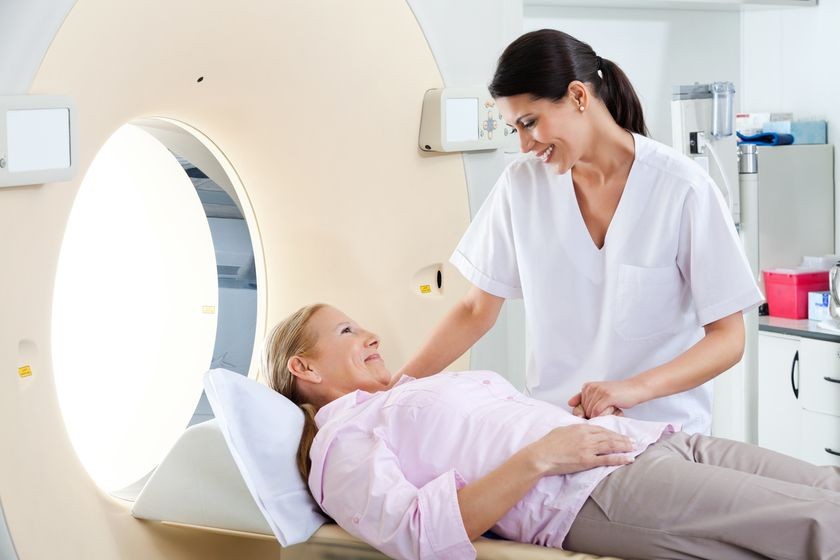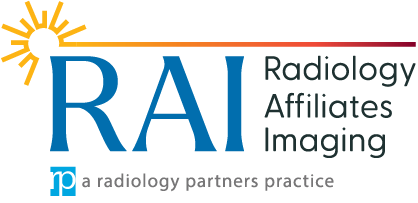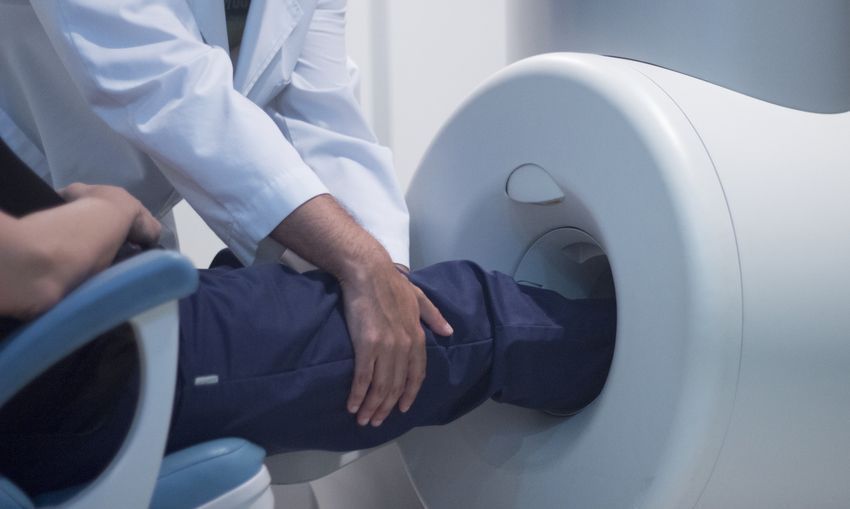
MRI and Claustrophobia: Finding Ways to Cope

Claustrophobia is an irrational fear of being enclosed and having no way to escape. Unfortunately, that is the very essence of the traditional MRI, which slides a patient into a tube, so strong magnetic fields and radio waves can create images of the internal structures of the body.
HealthResearchFunding.org reports that while only about 13 percent of patients who undergo an MRI have a severe panic attack during the procedure, most feel at least some anxiety and discomfort. This type of imaging is a critical diagnostic tool, though, so finding ways to cope with the stress of being enclosed is important. How can one go about managing that anxiety and getting through an MRI?
Know What Scares You
What you may perceive as claustrophobia might be complicated or something else like a fear of the radiation, so understanding more about the test can clarify things. Ask your doctor or the technician to explain to you how the test works and what the risks are before going into the tube. This allows you to resolve any other fears that might be increasing your anxiety, even if you don’t realize it. Just knowing what is going to happen and why might reduce some of the stress.
See the MRI Scanner Beforehand
Anticipatory anxiety is partially responsible for how you react once the test starts. Just seeing the machine in action can help. Ask about lying on the table for a minute to get the feel of it. Look up at the tube while on the table. Understand that one ends will always remain open, so you are never fully enclosed. If you look down, you’ll be able to see your feet outside the tube.
At RAI, we offer a virtual tour of our diagnostic imaging centers to get patients familiar with our facility and modalities. Feel free to view a virtual tour of our MRI scanners at our Lawrenceville and Hamilton, NJ imaging centers below.
{modal url=”https://goo.gl/8dGt0Q” title=”RAI Lawrenceville Virtual Tour” class=”btn btn-lg btn-success full-width cta”}View Virtual Tour: Lawrenceville{/modal}
Ask About Tools that Help Relieve the Anxiety
Many diagnostic imaging centers are set up to help you deal with your anxiety. Work with your doctor to find one that plays music and ask about bringing your own CD to help you relax. Look for a scanner with internal lighting, as well. The idea of being trapped in the dark might overwhelm you, so a little light will change things.
Some imaging machines even show pictures or movies to help distract the patient. They can recreate a pleasant environment like a beach complete with sounds of the waves and pictures of the blue sky, which is provided at our diagnostic imaging centers.
Practice Calming Techniques Before the Test
Ultimately, it might be up to you to find a way to calm yourself. Work on relaxation techniques at home like deep breathing exercises and meditation. Practice closing your eyes and going to a favorite place in your mind. Where did you go on the best vacation you ever had? Was it a beach or maybe a National park? Let your mind wander back there. Once you find the right technique, try it out. Lay down in a closet or under the bed and focus on staying calm.
Discuss Therapeutic Options to Reduce Your Anxiety
Ask your doctor about providing you with a mild sedative to get you through the test. It will depend on your overall health and other medications you take, but it is a possible solution to managing your anxiety.
Look at Alternatives
A traditional MRI is not the only imaging option available to you. A CT scan, for example, is one alternative. While it doesn’t offer the depth of image that an MRI does, a CT scan is much faster and less overwhelming. Given your phobia, the doctor may opt for a CT first and then get an MRI if necessary later.
An open MRI is another solution to claustrophobia. The open MRI machine has a much larger opening than the standard unit, so you can see out all sides. It is a practical choice if you may need a family member or friend with you to help feel safe. There is also room inside the unit for comfort accessories like a pillow or props such as a favorite family photo. Like a CT, an open MRI doesn’t always offer the most comprehensive or detailed image, but it is a good starting place. The doctor can order a closed MRI later if necessary.
The most important thing you can do if you are afraid of getting an MRI is to talk to your doctor. Discuss your concerns and anxiety issues before scheduling the test. This gives you a chance to go over the alternatives like an open MRI and find a way to get the test you need and remain calm in the process.
Sources




